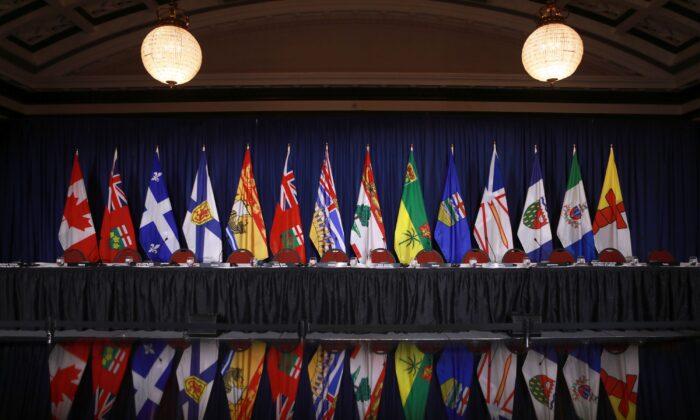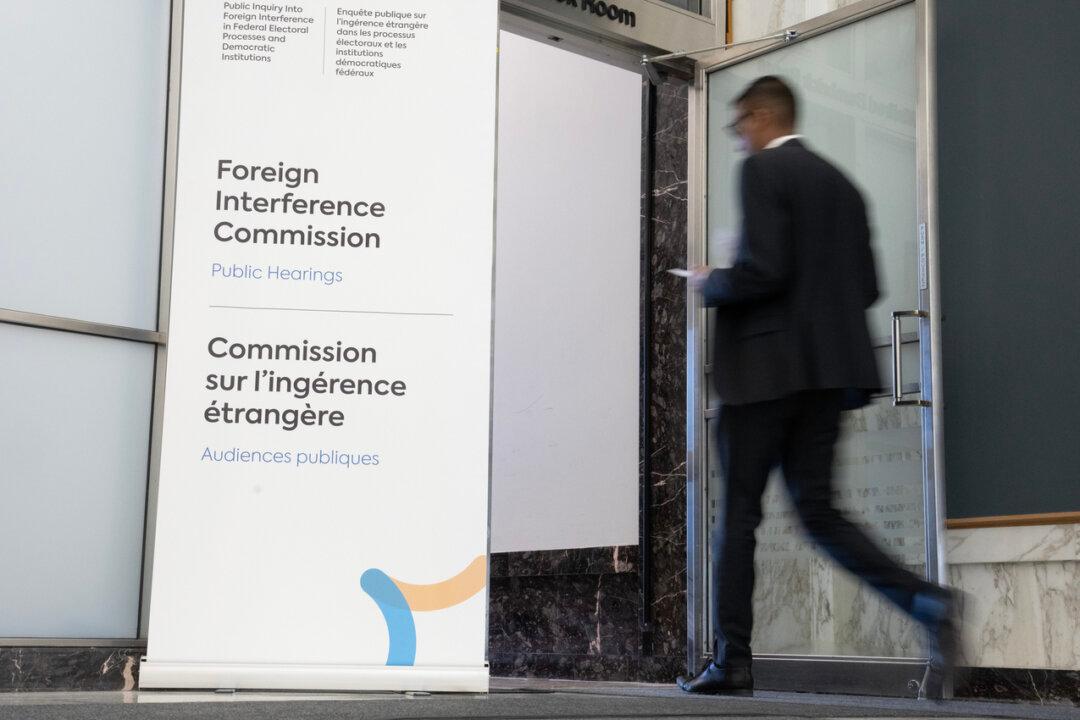Tegan Hill and Joel Emes, senior economists at the think tank and co-authors of the study, said that given ongoing budget deficits and the questionable efficacy of business subsidies in achieving widespread economic growth, Canadian governments should carefully reevaluate such spending.
They noted that the spending on national defence, which was $327.5 billion over that same 13-year period, was $24.6 billion less than the spending on business subsidies.
The study found that the federal subsidies totalled $76.7 billion, provincial subsidies $223.3 billion, and local subsidies $52.1 billion, after adjusting for inflation. The authors noted that this amount isn’t a comprehensive measure of government support to businesses, meaning that the true level of government aid to select businesses “would be even higher.”
The fiscal cost of business subsidies ultimately is borne by taxpayers, the authors said.
For Canadians who filed taxes from 2007 to 2019, the cost of total subsidies per tax filer by province in descending order was: $18,785 in Saskatchewan, $18,334 in Quebec, $14,811 in Prince Edward Island, $13,285 in Alberta, $12,627 in Ontario, $11,573 in British Columbia, $11,290 in Manitoba, $8,511 in Nova Scotia, $7,057 in Newfoundland and Labrador, and $6,048 in New Brunswick.
The study said there is little academic evidence showing subsidies generate widespread economic growth or help create jobs. Instead, there might be a negative impact on economic development since business subsidies are an attempt by the governments to “pick winners by interfering in the free market,” which the authors said could “ultimately distort private decisions and misallocate resources.”
Provincial Subsidies
The study also reviewed the cost of subsidies in “a budgetary context,” which shows the amount of taxes that could be reduced or even eliminated in the absence of government subsidies. By assessing provincial subsidies as a share of corresponding corporate income tax revenue from 2007 to 2019, the study found a stark level of taxes in certain provinces.P.E.I. had the highest level of provincial subsidies as a share of corporate income tax revenue, averaging 162.9 percent from 2007 to 2019, meaning that the province “could have eliminated all corporate income taxes over the period if it had ended subsidies to businesses, and still have money left over.”
Quebec and Manitoba spent the equivalent of roughly all corporate income tax revenue on provincial subsidies, the study found.
On average, provincial subsidies in Quebec between 2007 and 2019 represented 100.9 percent of annual provincial corporate income tax revenue, while that number was 97.6 percent in Manitoba. This means that the two provincial governments could have effectively eliminated all provincial corporate income taxes over the period if they had ended provincial subsidies to businesses.
Saskatchewan and British Columbia also had relatively high spending on provincial subsidies as a share of provincial corporate income tax revenue between that same period, which averaged 88.6 percent and 70.7 percent respectively, the study said.
Business subsidies represented roughly half of all corporate income tax revenue on average in Ontario (46.1 percent) and Nova Scotia (47.6 percent) from 2007 to 2019. In the three remaining provinces—New Brunswick, Alberta, and Newfoundland and Labrador—business subsidies represented between 30 and 40 percent of corporate income tax revenues on average.
“Corporate income taxes could have been reduced meaningfully if governments had ended business subsidies in any of these provinces,” the study said.





